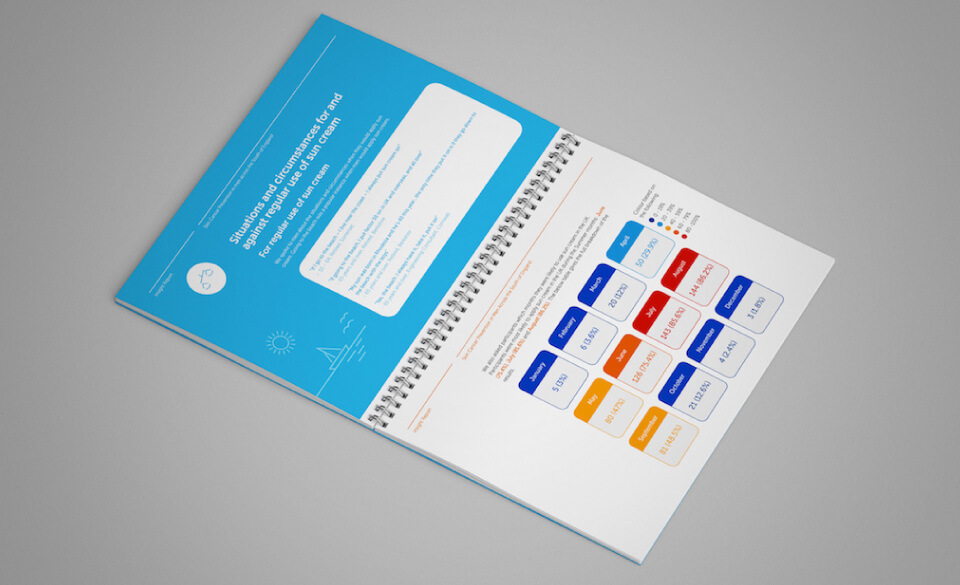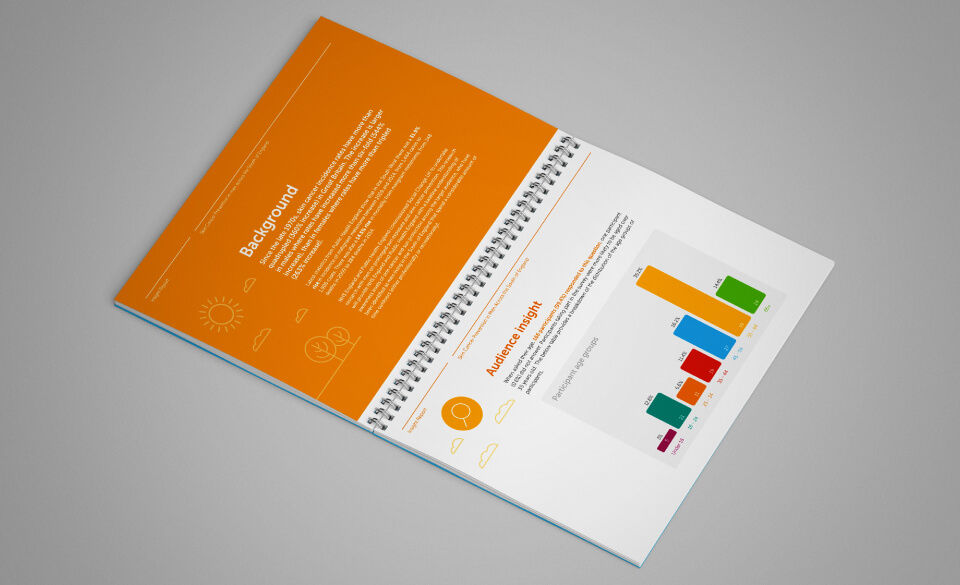
Brits believe risk of skin cancer is low
Research shows that a worrying number of British people are unaware of the risks of sun exposure and wouldn't be able to recognise any symptoms of skin cancer.
More +We worked with NHS England and Public Health England to find out why a lot of men don't protect their skin.

Since the late 1970s, skin cancer incidence rates have more than quadrupled (360% increase) in Great Britain. The increase is larger in males where rates have increased more than six-fold (544% increase), than in females where rates have more than tripled (263% increase).
Data from Public Health England told us that in the South East there was a 31.9% rise in incidences of malignant melanoma between 2009 and 2014, from 1,444 cases to 1,906 cases. There was also a 14.5% rise in mortality from malignant melanoma, from 248 deaths in 2009 to 284 deaths in 2014.
NHS England and Public Health England commissioned Social Change to undertake research on prolonged sun exposure and barriers to protection. Research undertaken provided NHS England and Public Health England with a baseline understanding of awareness levels of skin cancer and sun protection in the target audience, who were identified as men living in the South of England that spend a considerable amount of time outdoors (either professionally or recreationally).
We conducted a region-wide survey to gather data on awareness levels and existing behaviours, which helped to identify situations and scenarios where men were most likely to protect themselves from the sun. The survey also captured recall of the #CoverUpMate campaign, which ran during the Summer in 2016.
Following the survey, we conducted telephone interviews to delve deeper into attitudes and behaviours. All our findings and recommendations were presented back to NHS England and Public Health England and they were used to develop the #CoverUpMate campaign.
Our research into skin cancer prevention in men found that the issue is more complicated to solve than initially thought. The complexity of it comes from the need to think beyond the obvious - such as telling men to wear sun protection, because there is a need to challenge cultural perceptions, and habits formed over a long period of time.
In terms of communication and messages, implementing good workplace practices and raising awareness of early warning signs were considered important. We found that although men had a good awareness of the risks and consequences of prolonged sun exposure, they were less proactive in prevention. There was an overall sense of complacency among men around skin cancer due to a lack of awareness, particularly about how to prevent it.



Research shows that a worrying number of British people are unaware of the risks of sun exposure and wouldn't be able to recognise any symptoms of skin cancer.
More +
Looking beyond the facts and figures to generate insights is the key to creating impact, but it's not always an easy process. Often more energy is needed for insights to fully form, but our pro guide can help you find the answer.
More +We worked in partnership with Design Council to research and explore the barriers to creating healthy places.
More +Enter your email address below to access the Academy and our Webinars